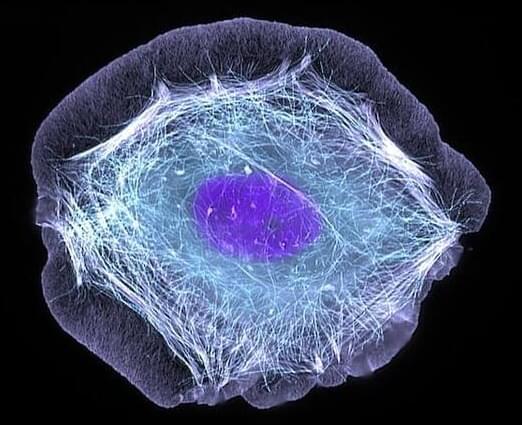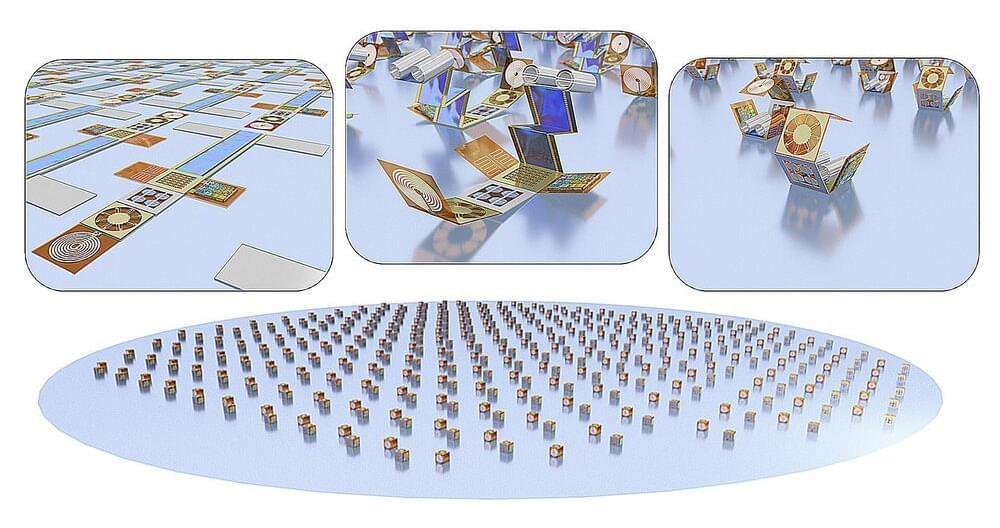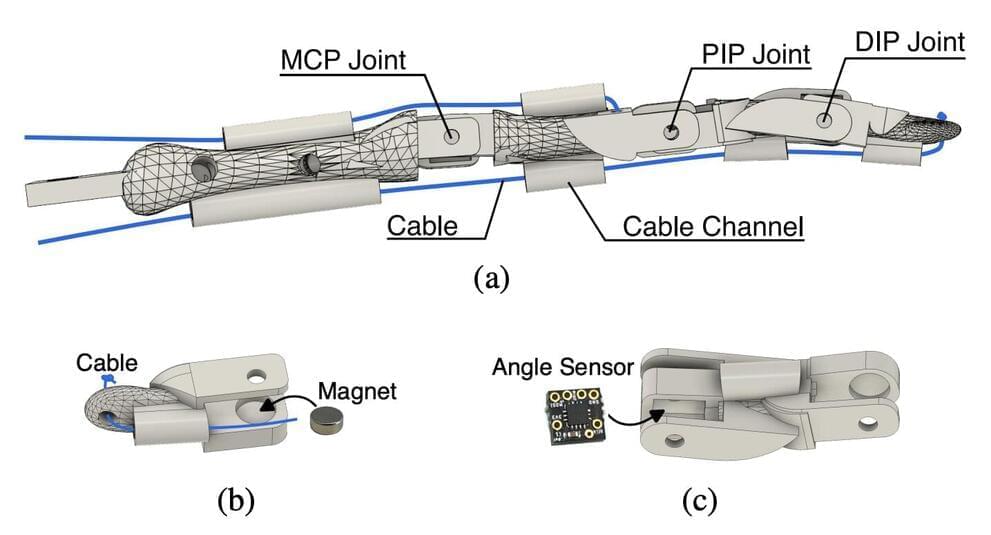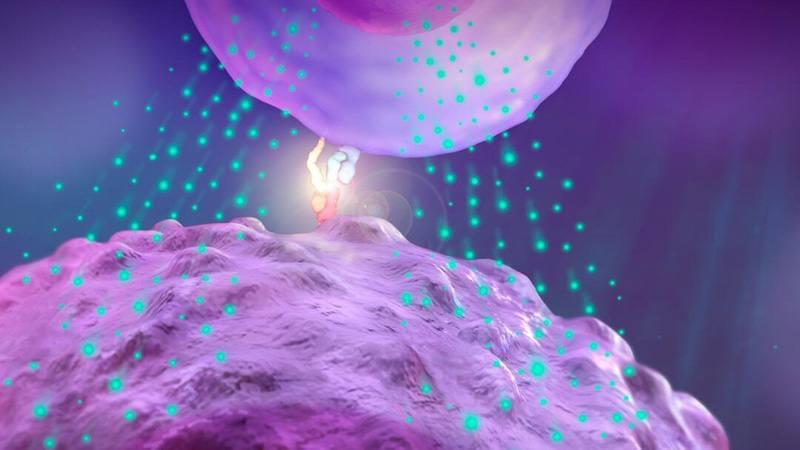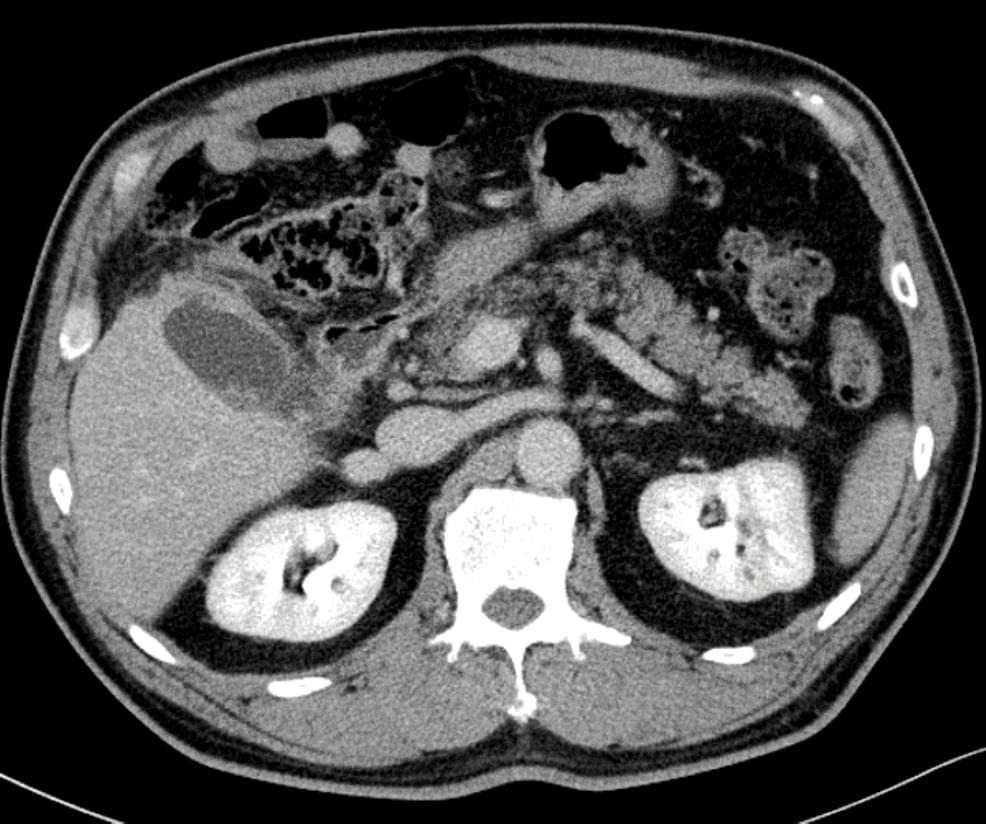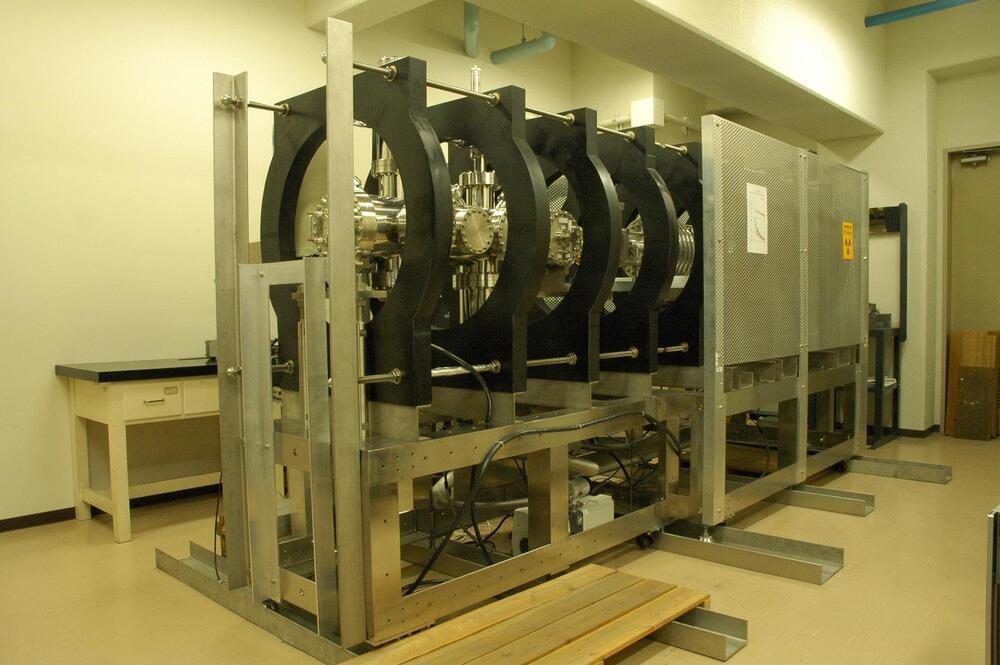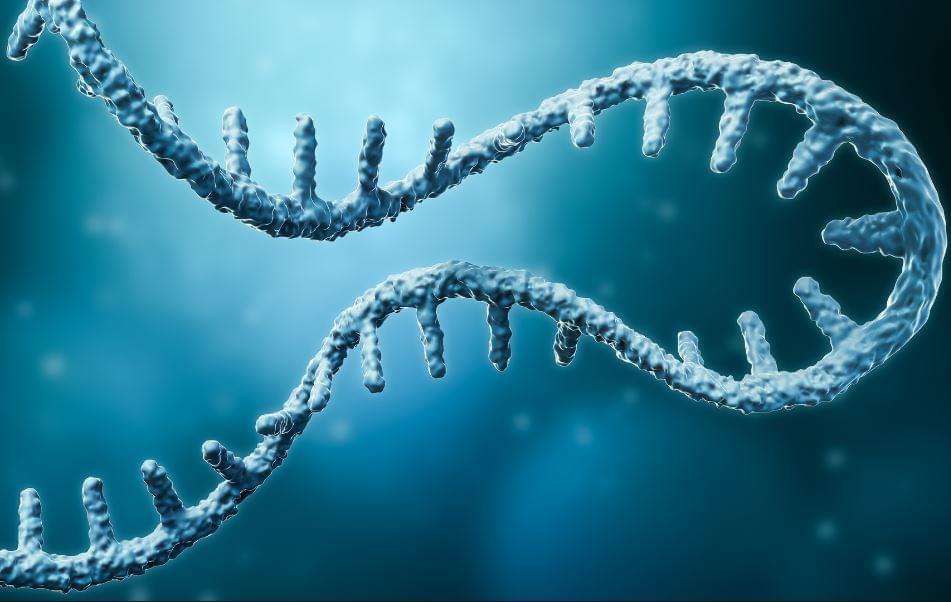Oct 11, 2023
Organisms Without Brains Can Learn, Too—So What Does It Mean to Be a Thinking Creature?
Posted by Dan Breeden in categories: biotech/medical, neuroscience
The brain is an evolutionary marvel. By shifting the control of sensing and behavior to this central organ, animals (including us) are able to flexibly respond and flourish in unpredictable environments. One skill above all—learning—has proven key to the good life.
But what of all the organisms that lack this precious organ? From jellyfish and corals to our plant, fungi, and single-celled neighbors (such as bacteria), the pressure to live and reproduce is no less intense, and the value of learning is undiminished.
Recent research on the brainless has probed the murky origins and inner workings of cognition itself, and is forcing us to rethink what it means to learn.

